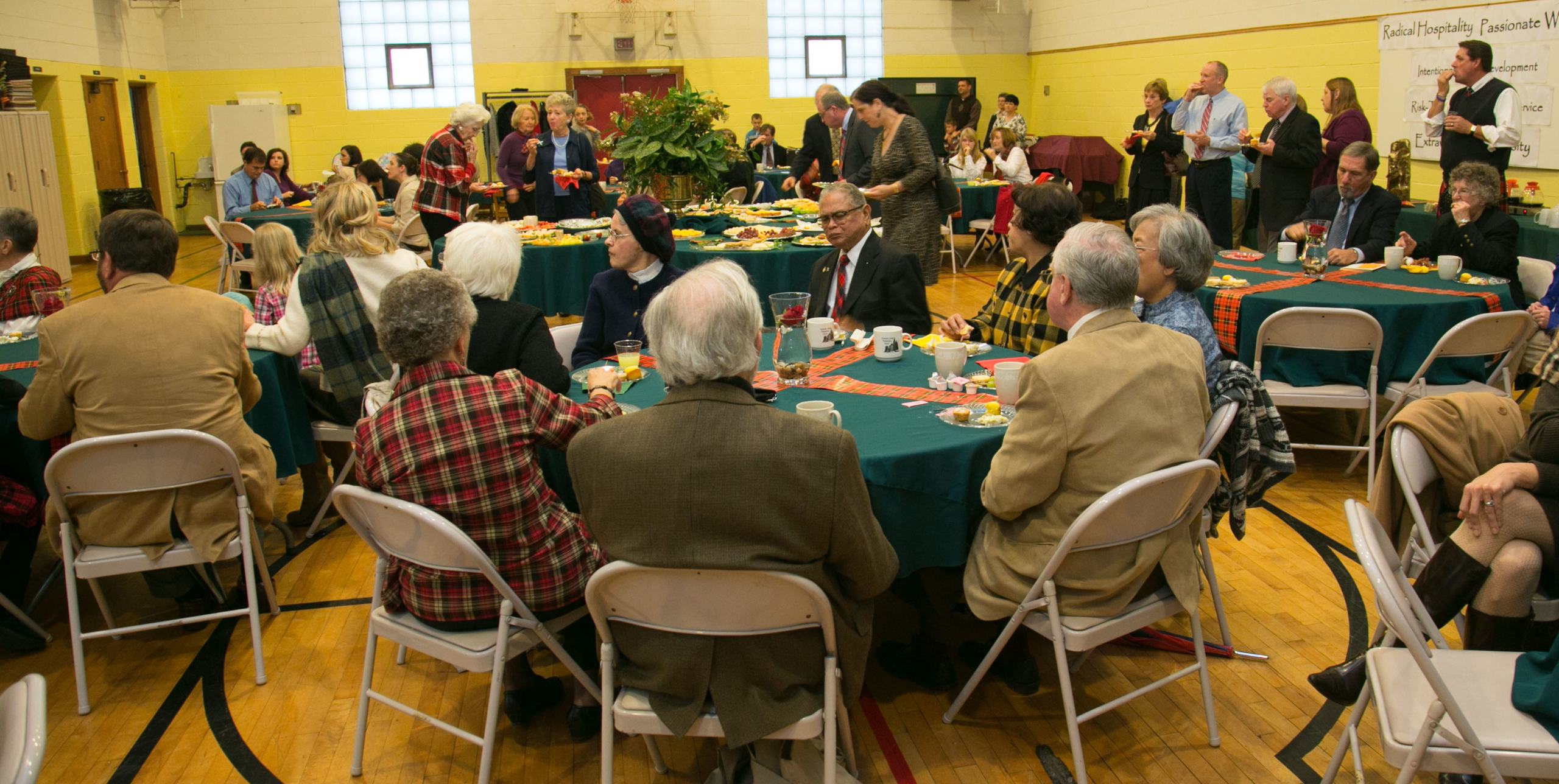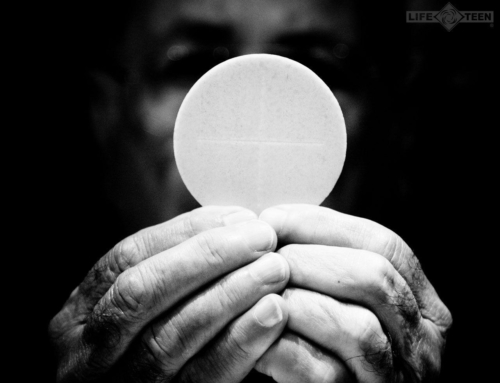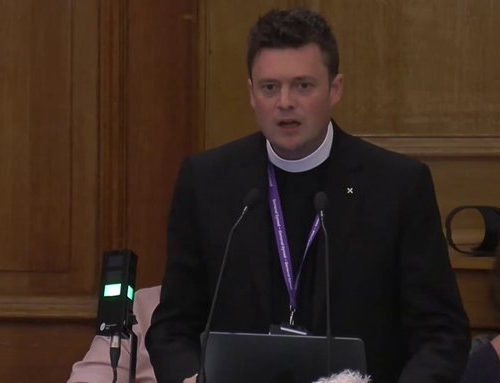Here in the Bible Belt we have a steady flow of converts from the various Protestant denominations. They have various difficulties in adapting to the Catholic Church and one of their grumbles is “Where’s the fellowship?”
I feel their pain. The fellowship, camaraderie, esprits de corps etc in the Protestant churches is usually strong and one of their attractive qualities. When they come to Catholic Mass it often seems big, unfriendly and unwelcoming. Why is this? Are Catholics really unfriendly and unwelcoming? I think the problem has several root causes.
Firstly, it is a mistake to think that the thousands of Protestant churches are divided primarily along shared theological opinions or liturgical preferences. Instead there is a strong socio-economic dimension to the Protestant denominations. It is a big generalization, but you can discern a socio-economic stratification that might run something like this: Pentecostalist-Asssembly of God–Independent Baptist tend to be more working class. Southern Baptist, Methodist and Big Box Church are lower middle and Middle class. Presbyterians and Lutherans solidly Middle to Upper Middle Class, Episcopalians, Lutherans and Anglicans Upper Middle and Upper Class. Then when you add in the ethnic element you find the black churches, hispanic churches, Korean, Vietnamese etc.
No wonder then, that they enjoy “good fellowship” they all belong to the same bar, support the same sports teams, go to the same country club and send their kids to the same schools. This kind of fellowship used to be strong among Catholics in America too. It was called cultural Catholicism. It was strong in the cities of the Northeast and Midwest in the form of German parishes, Italian, Polish, Czech, Portuguese or Irish parishes.
However, cultural Catholicism in the USA is dying. It is no longer good enough to be Catholic because your grandmother was Polish and made wonderful pierogis.
Increased social and geographical mobility has eroded the old cultural Catholicism, but has also brought a new challenge and a new benefit. The typical American parish (at least in our part of the world) is far more likely to reflect global Catholicism. I’m delighted, for instance, to look out across my parish pews on a Sunday and see folks from around the world. We have plenty of white folks of European ancestry, but we also have Nigerian families, El Salvadoreans, Columbians, Mexicans, French, Polish, Irish, British, Vietnamese, Indians and even an English woman…
The mix is also economic and crosses the class divide. Homeless folks sit next to wealthy executives. Mexican immigrants mingle with white folks who have moved here from Chicago, Washington, Oregon and New York.
This means our parish is universal but not naturally homogenous. Fellowship is difficult for obvious reasons.
Another reason for difficulty in fellowship is size. Most Protestant congregations are small. They may have 200 or 300 attending worship on Sunday. We are a smallish parish and normally have 1300-1500 worshippers spread over three weekend masses.
So I advise converts to find fellowship within some subset in the church. Join a parish small group, the choir, the school PTO, the St Vincent dePaul, the men’s or women’s prayer group, the Pro Life Team or the Third Order Franciscans.
It is within the subset of the huge Catholic Church that they are more likely to find the fellowship that is so important for spiritual support and growth.







Leave A Comment
You must be logged in to post a comment.